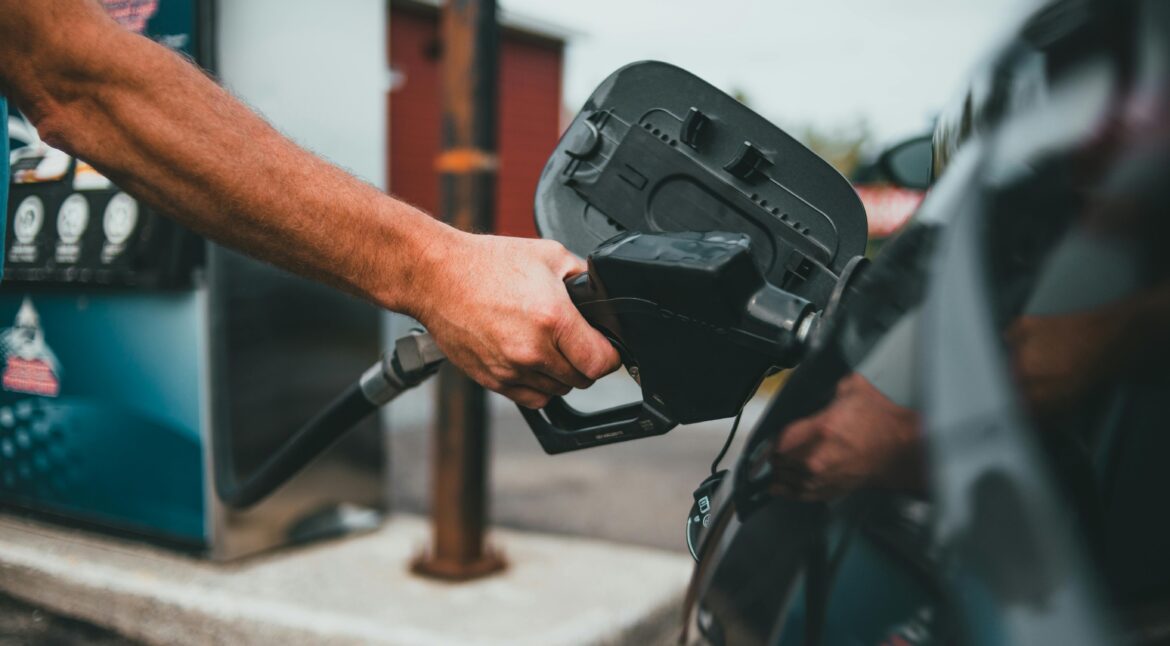The diesel pump plays a vital role in the operation of diesel engines, especially in modern cars and heavy machinery. It is responsible for delivering diesel from the fuel tank to the injector to ensure the normal operation and efficient combustion of the engine. This article will explore in depth the functions, main types, working principles and factors to consider when purchasing a diesel pump.
1. Basic functions of diesel pumps
The main functions of diesel pumps are:
Fuel supply: Deliver diesel from the fuel tank to the engine and spray it into the cylinder through the injector.
Create pressure: The diesel pump is able to create the necessary pressure to ensure that the diesel reaches the injector at the appropriate flow rate and speed. This pressure is very important for atomizing the fuel and starting the engine.
Adjust flow: The diesel pump needs to adjust the fuel supply flow according to the operating status of the engine to match the fuel demand under different working conditions.
2. Main types of diesel pumps
The types of diesel pumps can generally be divided into the following categories:
Mechanical diesel pumps
This type of pump is usually driven by the crankshaft of the engine, and the working principle is to drive the working parts of the pump through the rotation of the crankshaft.
Mechanical pumps are usually used in old diesel engines, with simple structure and easy maintenance, but relatively low efficiency.
Electric diesel pump
Driven by an electric motor, it can provide a more stable fuel supply pressure and flow.
Electric pumps are generally used in modern diesel engines, especially in high-pressure common rail systems, with good fuel atomization and combustion effects.
High-pressure common rail diesel pump
Especially used in high-pressure common rail fuel injection systems, it can deliver fuel to the injector at extremely high pressure.
Such pumps are usually used in modern high-performance diesel engines, which can provide better fuel economy and lowest emissions.
Electronically controlled diesel pump
This pump is adjusted by the electronic control unit according to the actual state of the engine, and can achieve precise injection quantity control.
Electronically controlled pumps can improve the engine’s response speed and power output while reducing emissions.
3. Working principle of diesel pump
The working principle of diesel pump mainly relies on physical principles. The diesel pump generates pressure through mechanical or electric power to transport diesel from the fuel tank to the injector through the pipeline.
Fuel inlet process: When the pump starts working, the diesel flows into the pump body under the gravity of the fuel tank. The valve system inside the pump ensures that the diesel does not flow back.
Boosting process: The pump pressurizes the diesel through pistons, gears or other components. In a mechanical pump, the rotation of the crankshaft drives the piston or gear to create pressure.
Delivery process: The pressurized diesel is sent to the injector, and after reaching a certain pressure, it is sprayed into the cylinder through the nozzle for combustion.
4. Considerations when purchasing a diesel pump
When purchasing a diesel pump, you need to consider multiple factors to ensure the performance and reliability of the pump.
Compatibility: First, you need to confirm whether the pump is compatible with the engine of the vehicle or equipment. Check the manufacturer’s recommendations and technical specifications to determine whether the model and parameters match.
Quality and brand: Choosing products from well-known brands usually guarantees quality and after-sales service. High-quality diesel pumps ensure better durability and performance.
Power and pressure: Choose the appropriate power and working pressure according to the specific needs of the engine. In high-power and high-load situations, a more powerful pump needs to be selected.
Repair and maintenance: Understanding the difficulty of repairing and maintaining diesel pumps, and choosing models that are easy to replace and maintain can save future repair costs.
Price: Although price is not the only consideration, you still need to choose a cost-effective product within your budget. Compare multiple aspects and choose the right one.
After-sales guarantee: Good after-sales service can avoid unnecessary troubles during use. Confirm whether the supplier provides guarantees and technical support.
V. Maintenance and care
To ensure that the diesel pump maintains efficient working condition for a long time, regular maintenance and care are very important:
Regular inspection: Regularly check whether the pump body has oil leakage and the sealing of the pipeline to ensure no leakage.
Cleaning and maintenance: Keep the pump and its surroundings clean, check the filter regularly to ensure the cleanliness of the diesel and avoid impurities affecting the operation of the pump.
Regular replacement: Regularly replace the diesel pump according to the usage, especially when the pump performance declines or fails.
Conclusion
As one of the core components of the diesel engine, the diesel pump plays an important role in promoting fuel delivery. Understanding the functions, types, working principles and factors to be considered when purchasing the diesel pump can help car owners and maintenance personnel better select and maintain the diesel pump, thereby maximizing the performance and efficiency of the engine. I hope that through the introduction of this article, it can provide you with valuable reference when purchasing a diesel pump.



